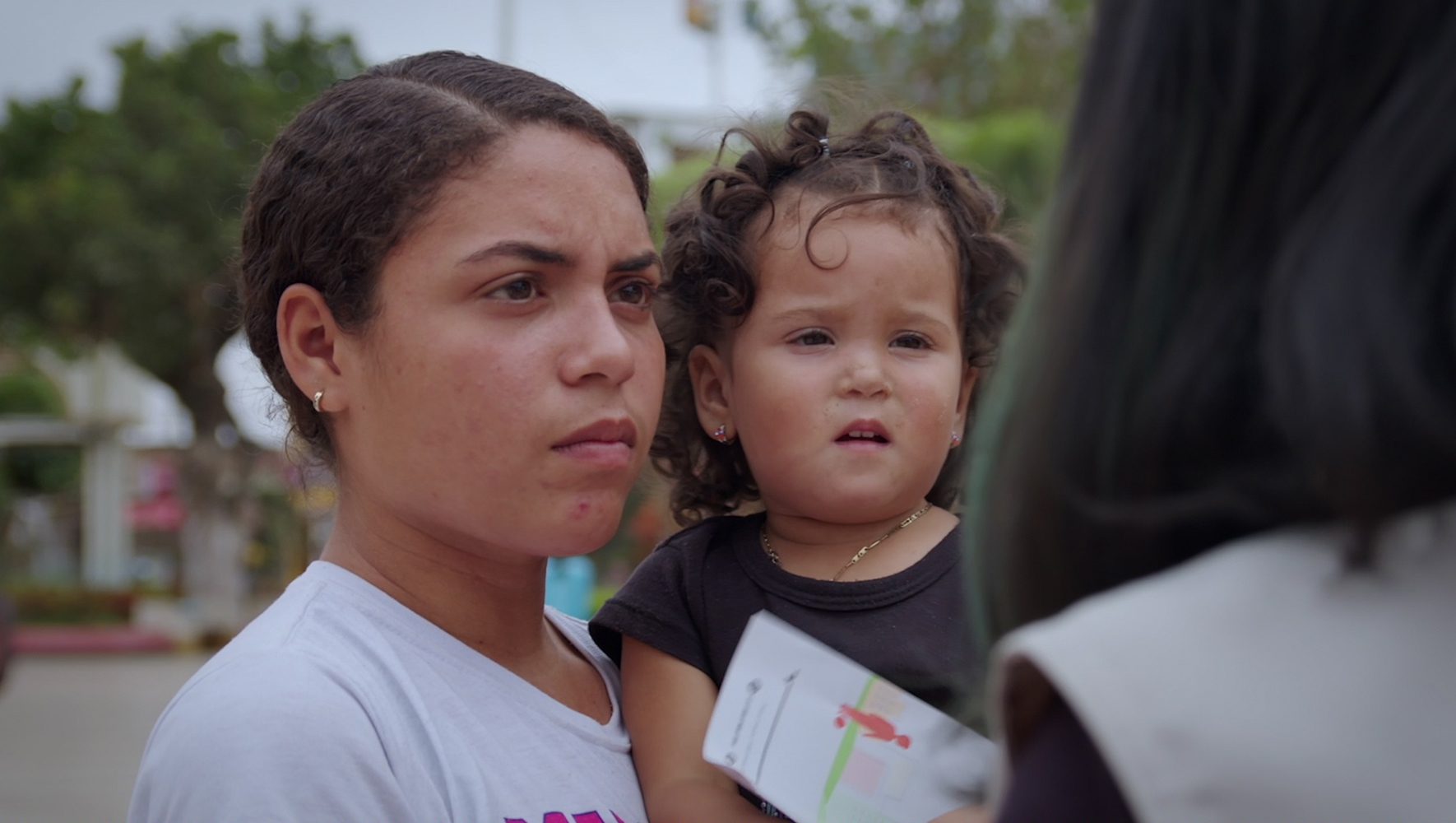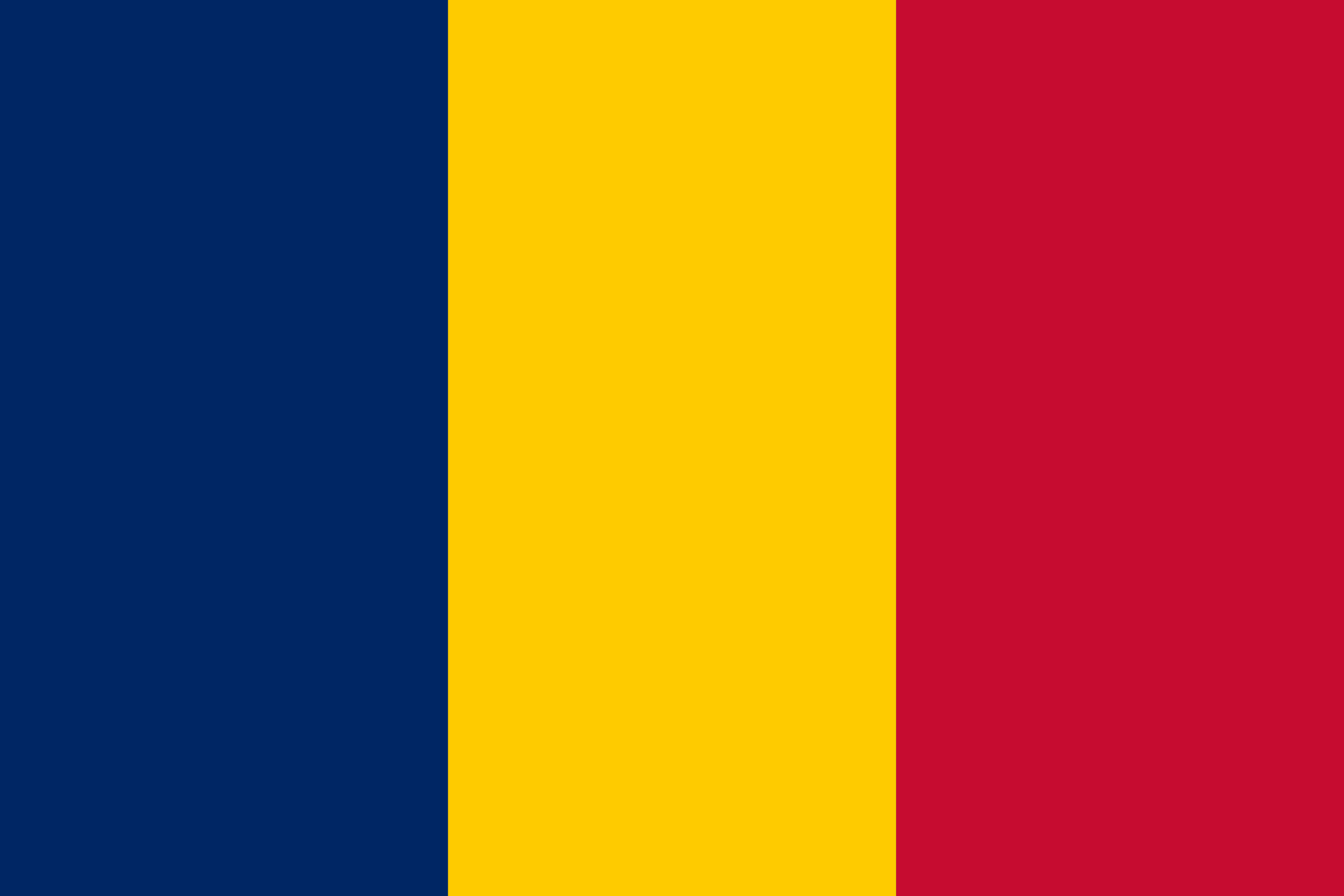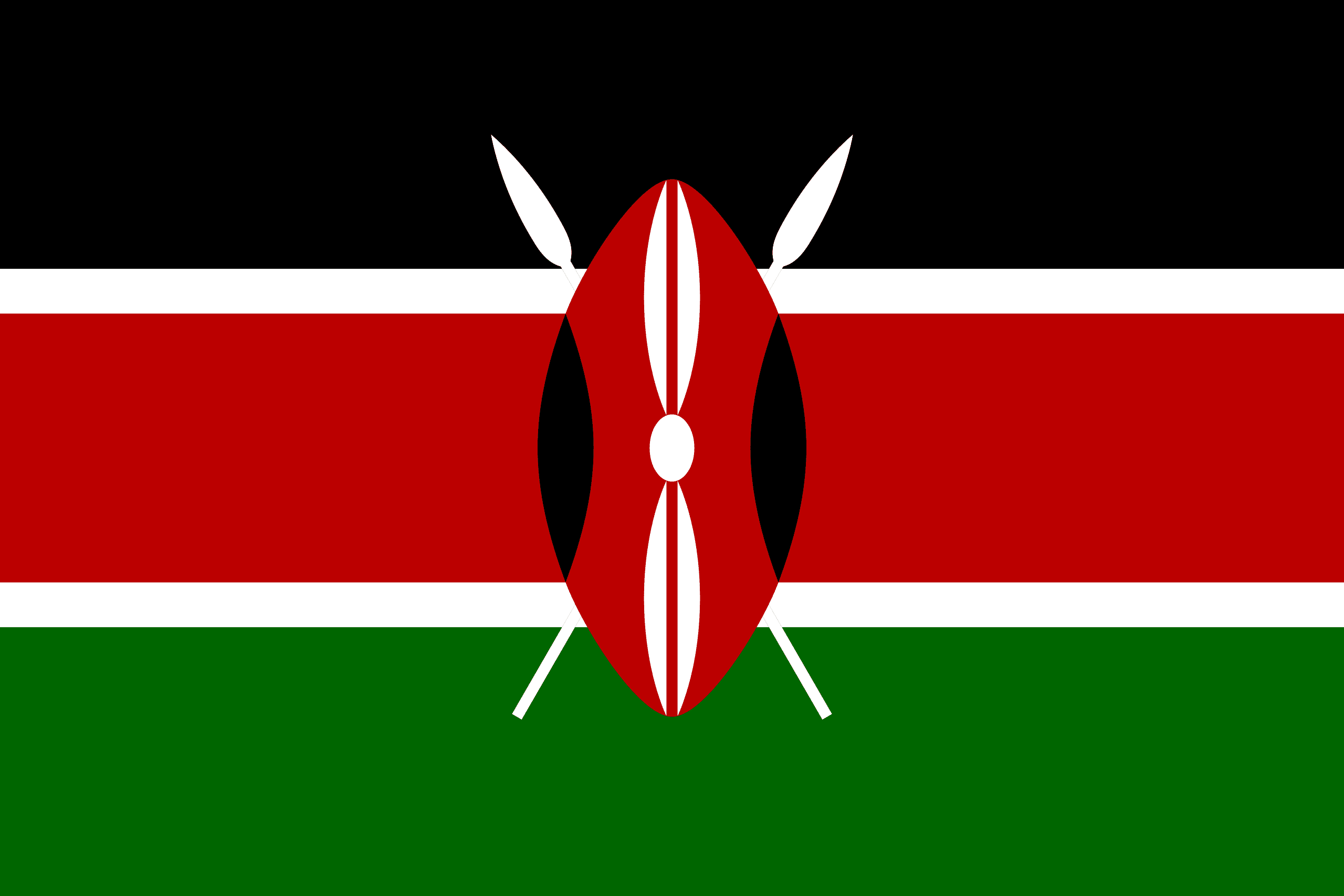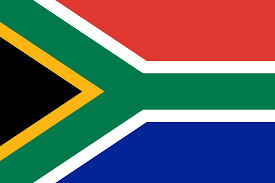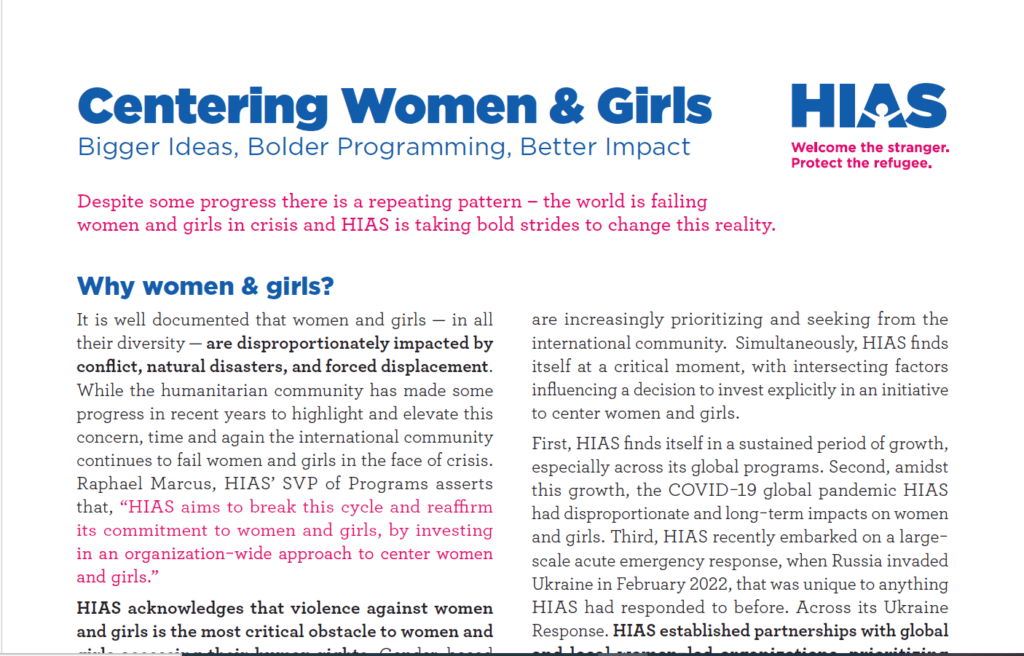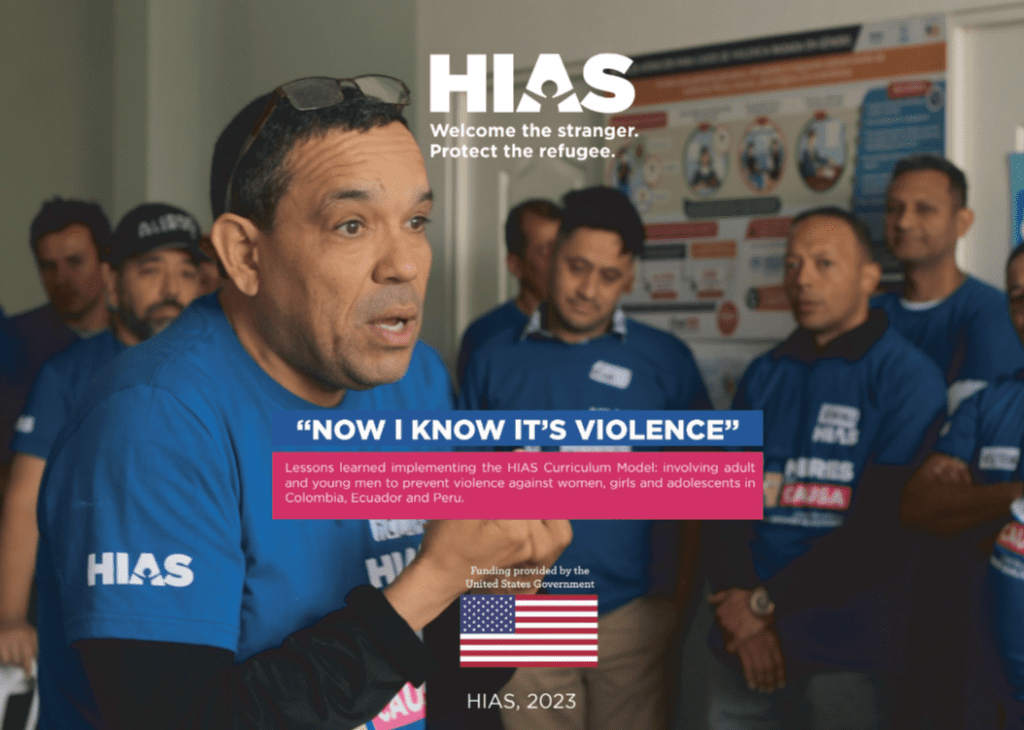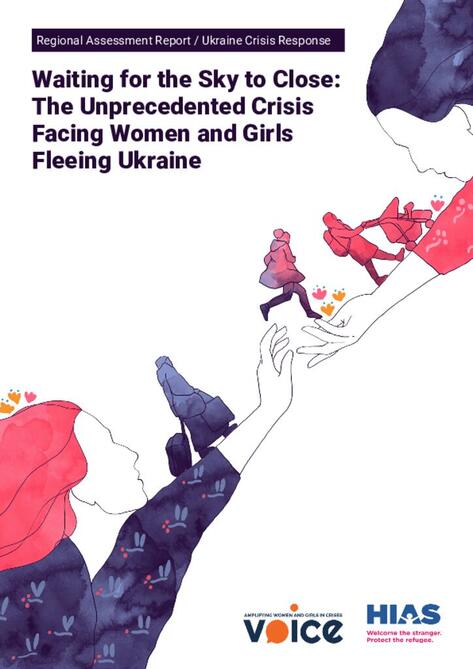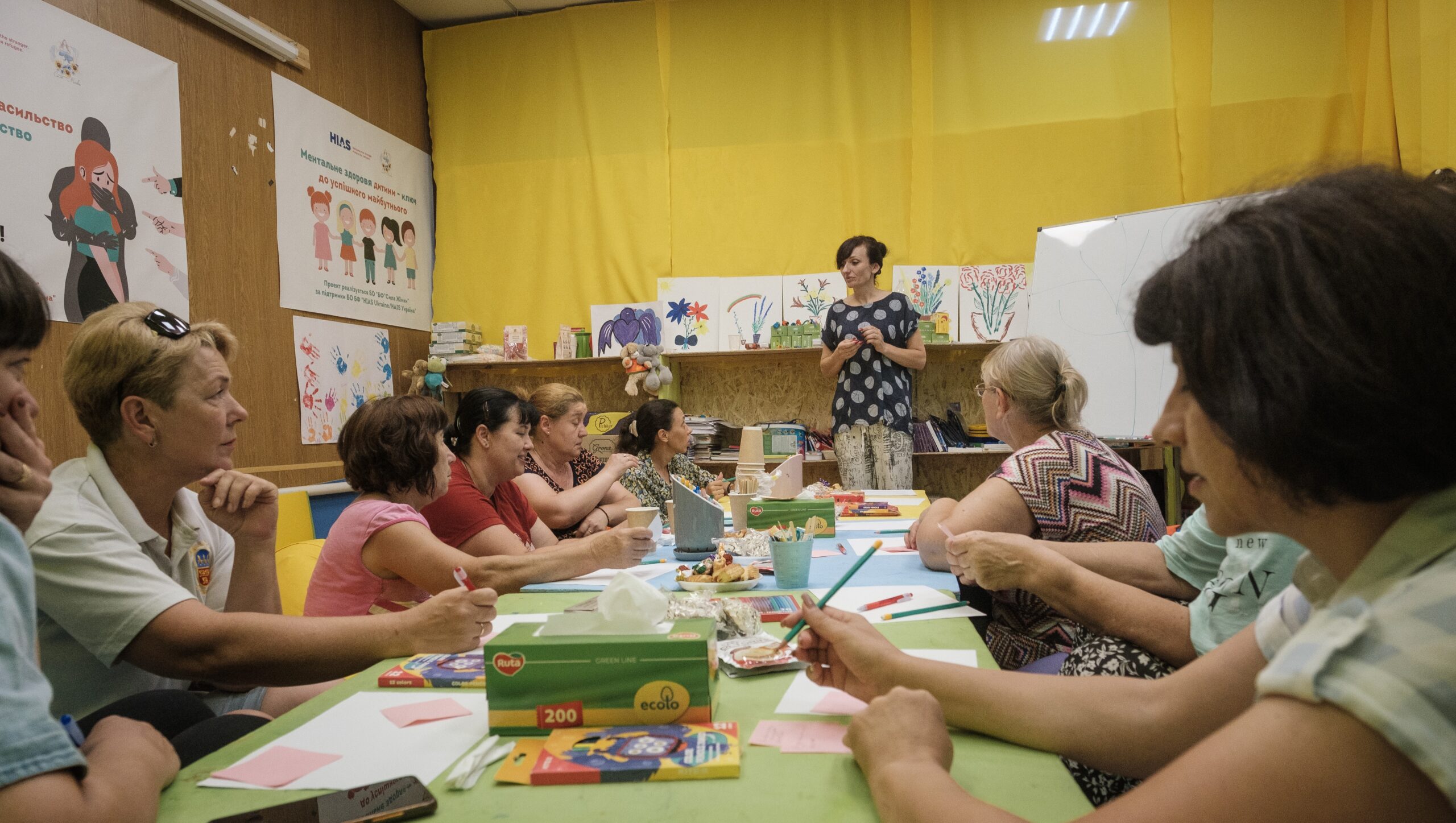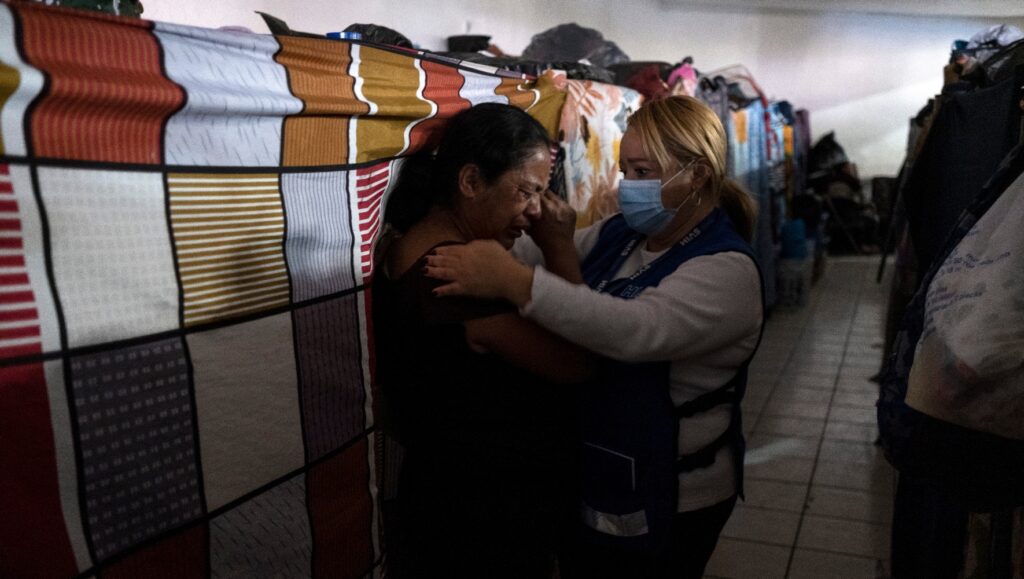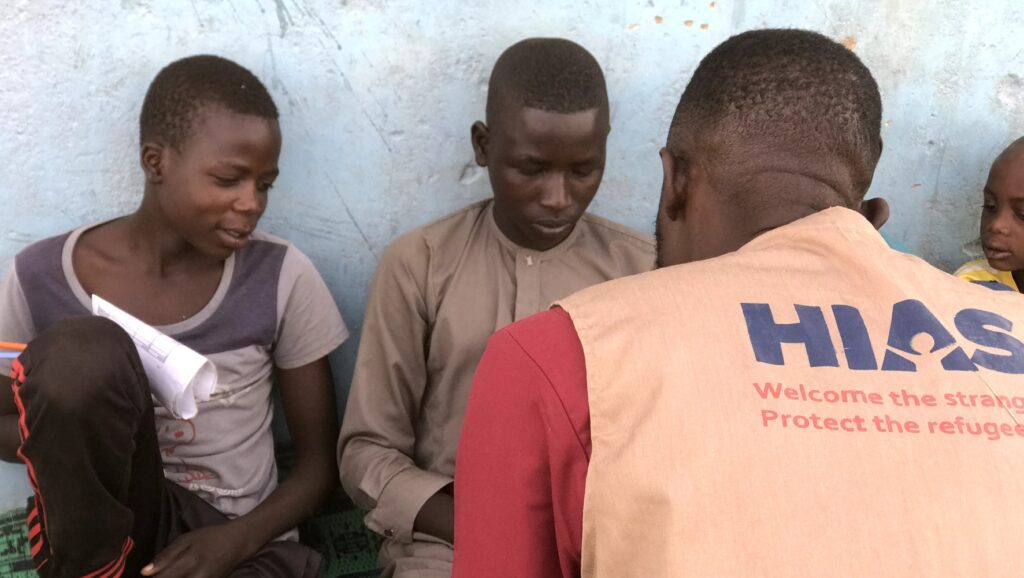HIAS works with communities to ensure women and girls are safe, healthy, and protected from sexual and physical violence. Our anti-violence programming for women and girls focuses on reducing the risk of sexual exploitation and violence, trafficking, domestic violence, and other types of violence experienced by forcibly displaced women and girls and other groups. We believe everyone has a role to play in keeping women and girls safe, so we engage entire communities — men, women, boys, and girls — in this work. These lifesaving programs ensure all survivors of sexual or physical violence can access services and improve their safety and overall wellbeing amidst extremely challenging circumstances.
This approach enables HIAS to:
- Recognize the strength of all survivors.
- Meet the safety, health, psychosocial, legal, and economic needs of survivors.
- Connect survivors to lifesaving healthcare, psychosocial support, and justice.
- Work with communities to challenge attitudes and behaviors that normalize sexual and physical violence against women and girls.
